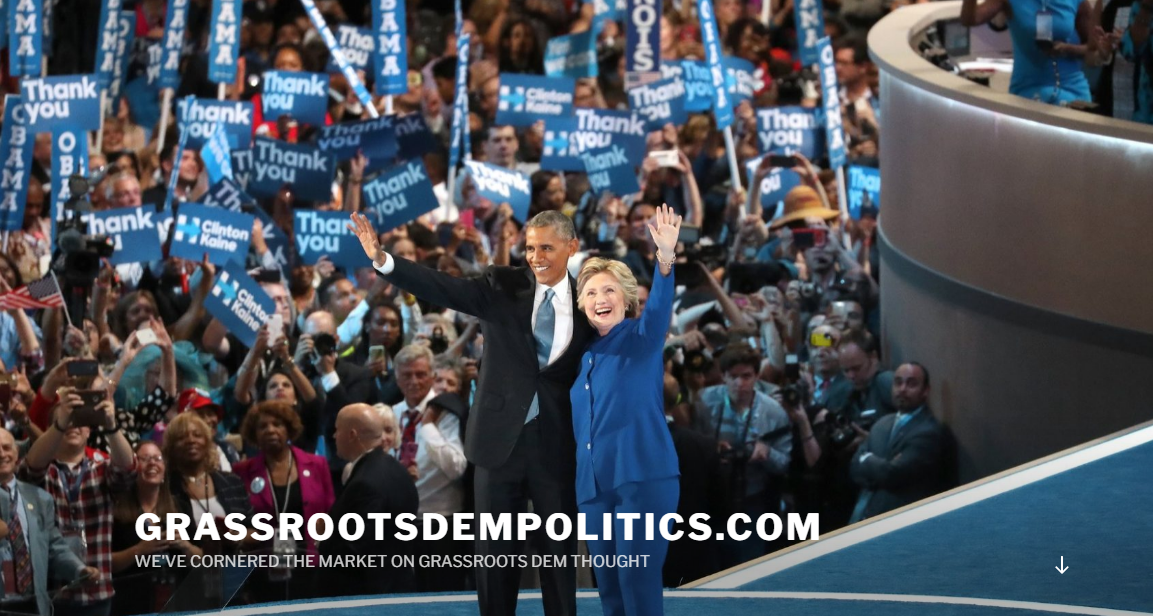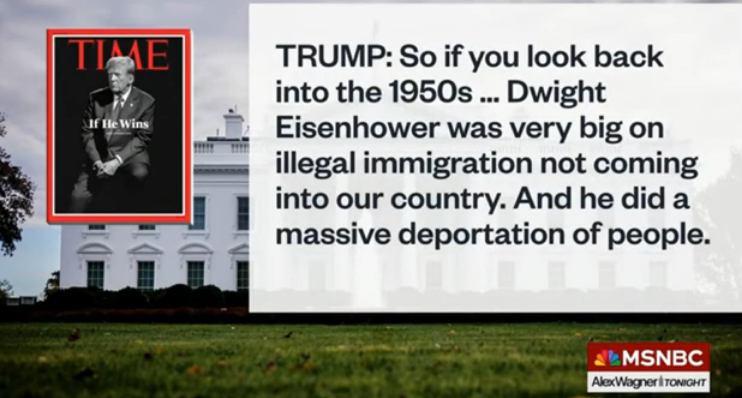Please consider $upporting GDPolitics by scanning the QR code below or clicking on this link

The fatal shooting of a 37-year-old American woman in Minneapolis by an ICE agent has once again thrown a harsh spotlight on a problem that has increasingly defined Trump administration 2.0: a deepening credibility crisis. What began as a disturbing law-enforcement encounter quickly metastasized into something larger—another episode in which the public was asked to accept an official account that appeared to conflict with what many people could see with their own eyes.
This credibility gap did not emerge overnight. Over the past year, Americans have grown increasingly skeptical of information coming from the administration, including economic data once treated as authoritative, public-health guidance from HHS, representations made in court filings, and on-the-record statements from senior officials. Americans have always practiced a degree of “trust but verify” when it comes to government pronouncements, but the level of doubt now surrounding official statements is markedly different—more pervasive, more reflexive, and more corrosive.
In the Minneapolis case, video of the encounter circulated quickly on social media, allowing the public to assess the incident independently. To many observers, the footage appeared to show a verbal confrontation between the woman and ICE agents, followed by her attempt to leave the scene in her vehicle. Based on the available video, critics argued that the use of deadly force was unnecessary and disproportionate, raising immediate questions about judgment, training, and accountability.
Those questions intensified when DHS Secretary Kristi Noem addressed the incident publicly. Her description of events sharply diverged from what many believed the video showed. She claimed the woman had “run over” an ICE agent, sending him to the hospital, and went further by characterizing the incident as an act of domestic terrorism. These assertions were widely challenged and fueled accusations that the administration was misrepresenting the facts rather than awaiting a full investigation. President Trump later echoed the secretary’s account on social media, amplifying a narrative that many Americans had already begun to doubt.
While the president relied on information provided by his cabinet, the responsibility for accuracy rested squarely with the Department of Homeland Security. It is the job of senior officials to verify facts from agents on the ground before presenting a definitive account to the public—particularly in cases involving lethal force. When that process fails, the damage extends far beyond a single incident.
As a result, what might have remained a grave but contained use-of-force controversy instead became another data point in the administration’s broader credibility problem. MSNBC contributor Eddie Glaude captured this sentiment on Deadline: White House, noting that the administration now faces a public conditioned to doubt its word. Minnesota Governor Tim Walz echoed similar concerns, emphasizing the importance of transparency and factual accuracy as the situation unfolded.
If this were an isolated misstatement—an early briefing that later required correction—the public might have been more forgiving. But because the Minneapolis shooting followed a series of prior episodes in which official accounts were revised, contradicted, or quietly abandoned, skepticism hardened almost instantly. Each incident compounds the last, reinforcing a perception that truth is being shaped to fit political needs rather than facts.
In a democratic society, credibility is not a cosmetic asset; it is foundational. When government officials lose the public’s trust, even accurate statements are greeted with suspicion, and accountability becomes harder to achieve. The Minneapolis shooting underscores how urgently the Trump administration must confront this problem. Leveling with the public is not optional—it is essential to restoring confidence in institutions meant to serve, protect, and answer to the people.


